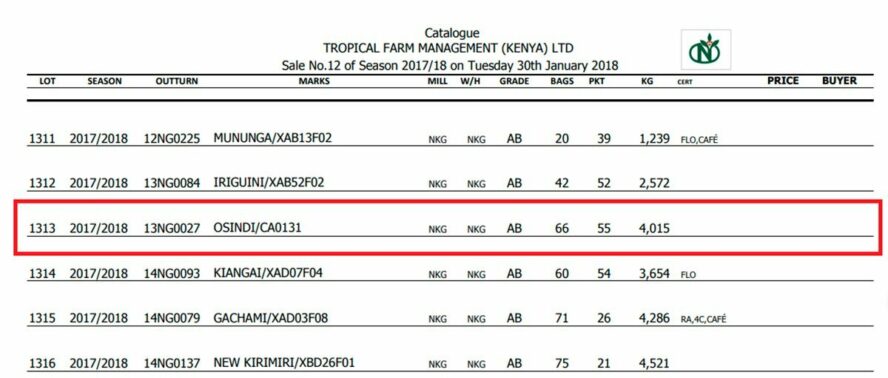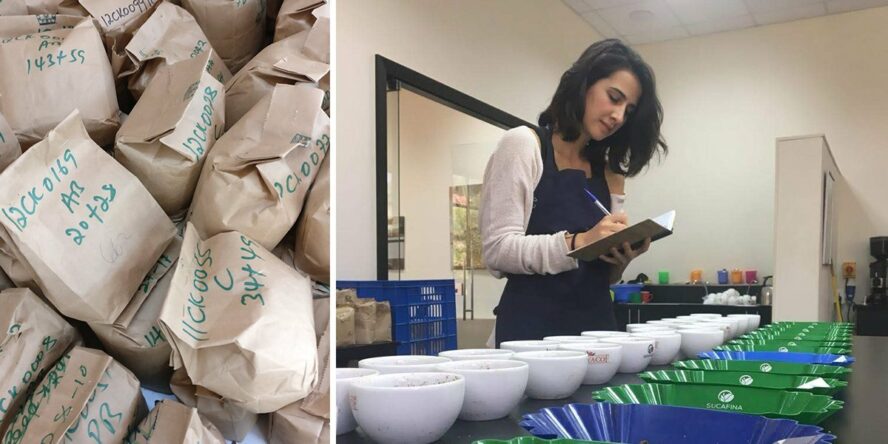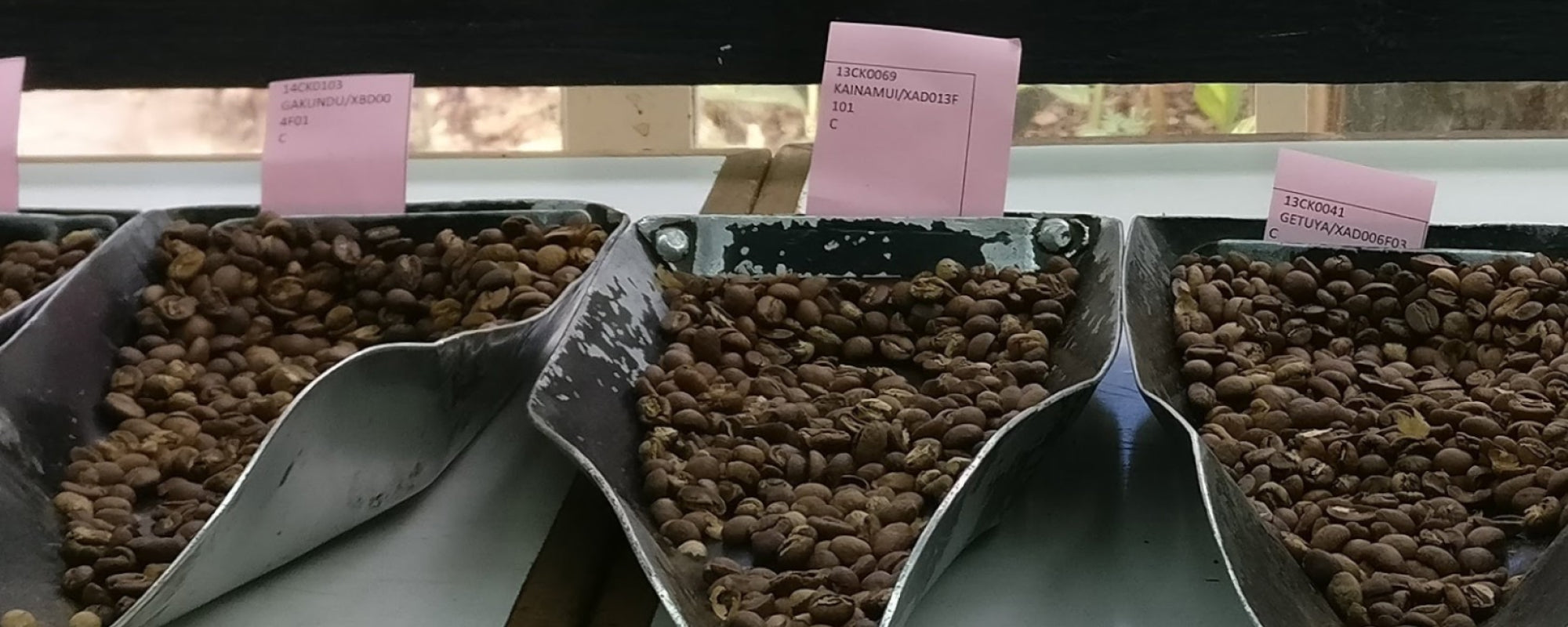One of the destinations we've already regularly visited is Kenya, and with the goal of working closely with producers and intermediaries, gaining a thorough understanding of traceability, and a deep understanding of the system under which they operate, we landed in Nairobi ready to taste the hundreds of fresh coffees awaiting us there.
Coming from Europe, Nairobi is a surprising destination. Crowds of cars, motorcycles, people, and animals converge on dirt roads and half-finished streets, creating a truly picturesque landscape. Getting used to the hours and hours of traffic jams trying to cross the city by car isn't easy, but luckily there's no shortage of entertainment nearby.

Another thing that requires some time is a thorough understanding of the Kenyan coffee system. Buying and selling coffee cherries is considered illegal in Kenya, so producers must first hire a mill (to process their cherries) and then a marketing service (which will handle exports), which does not allow them full control over their coffee. Therefore, producers can first join cooperatives that own wet mills where they will process their coffee alongside lots from other producers with similar profiles and characteristics. Or, in some cases (a minority), producers will have access to small facilities built by local smallholders where they will process their cherries themselves.
Finally, for buyers, coffee purchases in Kenya must be made directly through marketing agents or, as is the case in most cases, through the local weekly auction administered by the Nairobi Coffee Exchange.
Auctions are held every Tuesday, and samples are prepared beforehand so that interested parties can collect and taste them before purchasing. The traders who put the coffees up for auction also provide a list containing extensive information about each lot, providing transparency and traceability despite not having a direct relationship with the producers. Here's an example:

These records are giving us information about the origin and characteristics and by these codes we can know, using the marked lot as an example:
- 2017/2018: This is the coffee season, starting in October and extending until September.
- 13: number of the week in which the producer delivers his cherries, 1 being the first week of October.
- NG: Abbreviation for dry mill.
- 0027: control number that gives the dry benefit.
- OSINDI/CA0131: These marks inform us of the wet mill that processed it and therefore the area of origin of the coffee.
- AB: indicates the grade according to the Kenyan classification scale.
- 66+55: batch size, in this case 66 full bags + one more 55kg bag.
The starting prices for the lots offered at auction will be set by the marketing agent the producer has chosen to work with and will be agreed upon between the two parties, although the agent will have a realistic reference based on their experience and quality control of each lot they market. These marketing agents will strive to secure good prices and customers; otherwise, producers may choose to work with another marketing agent the following year.

What we've observed during this second visit to Kenya is that a movement is beginning to emerge among producers seeking to leave the cooperatives and be able to process their own lots individually. To this end, they are gradually investing in small washing stations on their own farms, which will allow them complete control over the quality of their coffee and receive payment more quickly, as this is one of the challenges they encounter when joining cooperatives that can have more than 7,000 members.
Although this movement is slowly emerging, at Right Side Coffee we always focus on working directly with producers to the extent that the system and each origin allow. That's why this year we've selected four incredible lots with high traceability, and to top it all off, one of them belongs to two small producers who have joined forces to process and work their coffee themselves, opening the door for us to establish a direct relationship that we can strengthen year after year.
So, we're once again inaugurating the Kenyan coffee season by sharing with you complex batches and a variety of flavors that will make it impossible for you to get bored.
